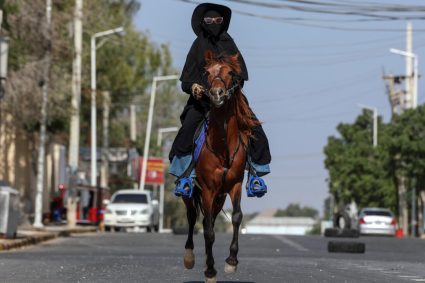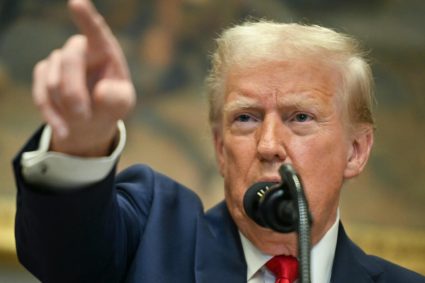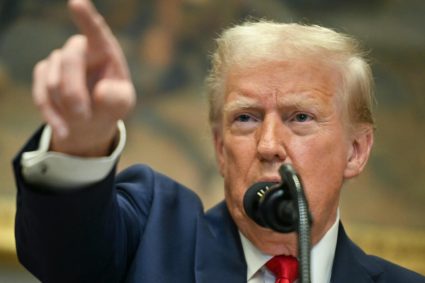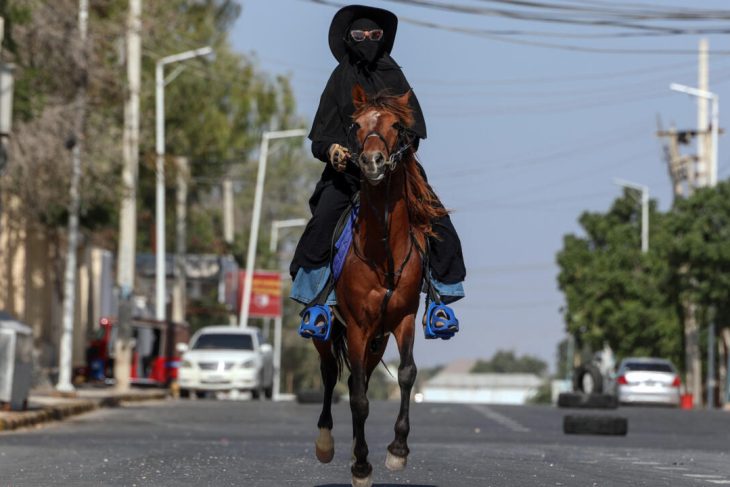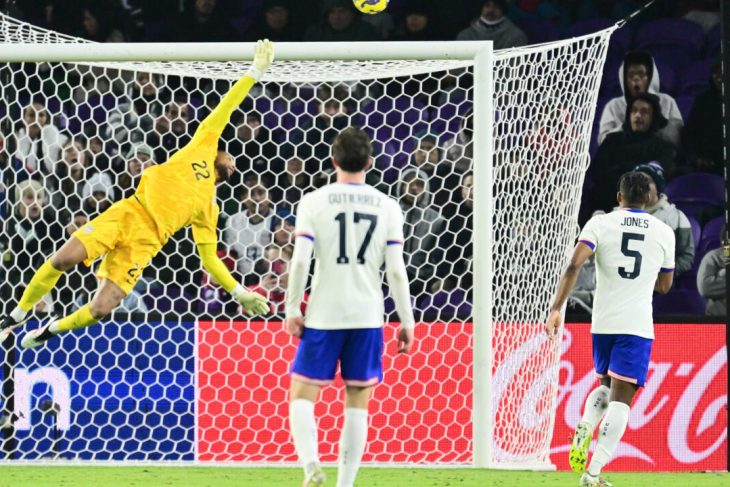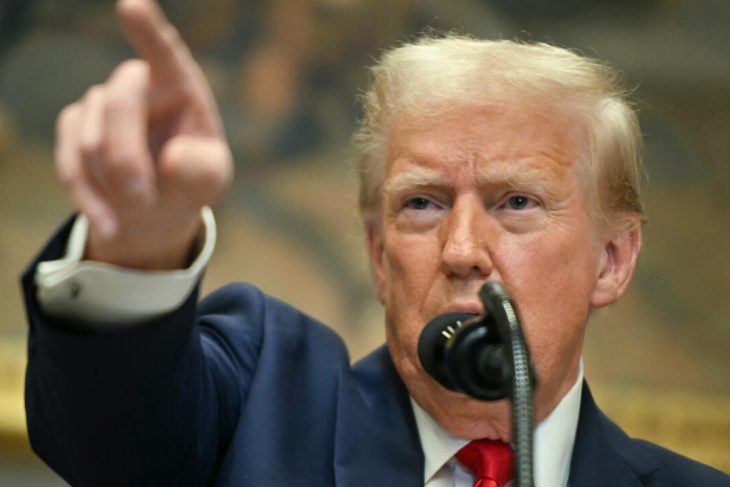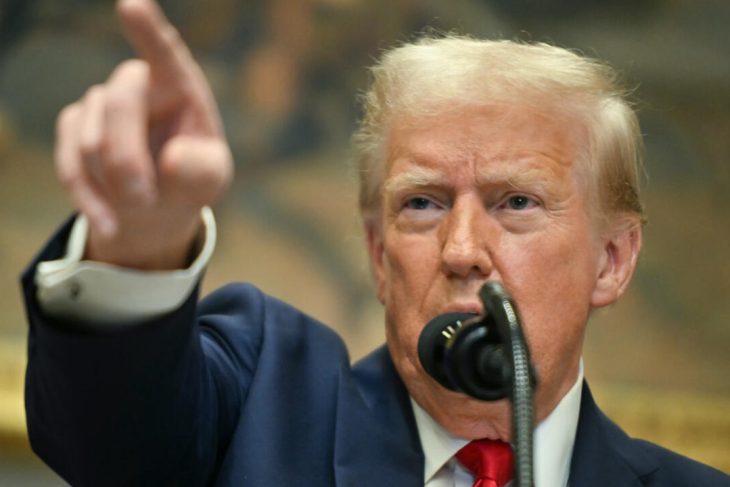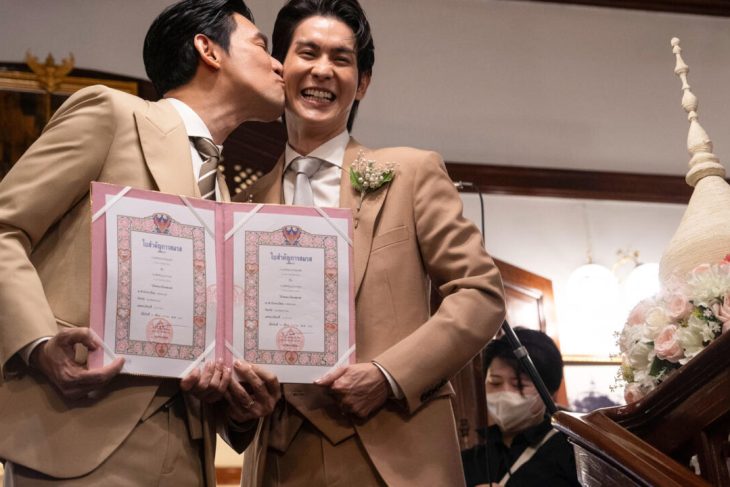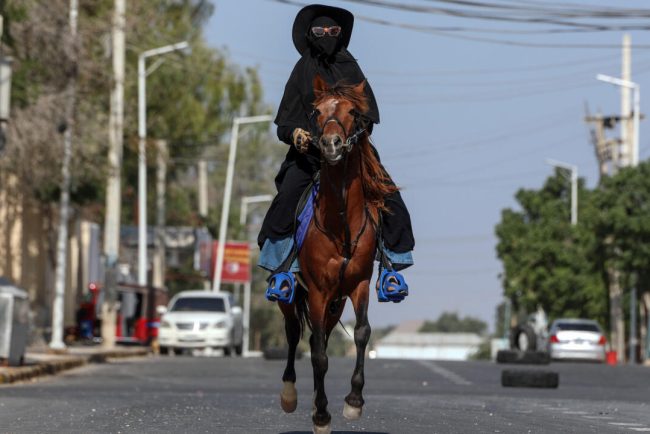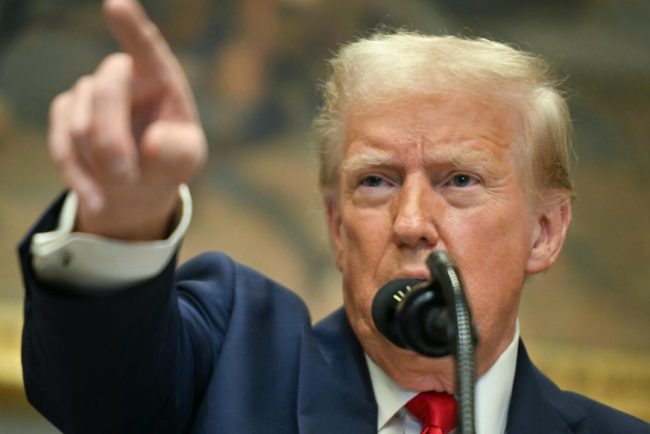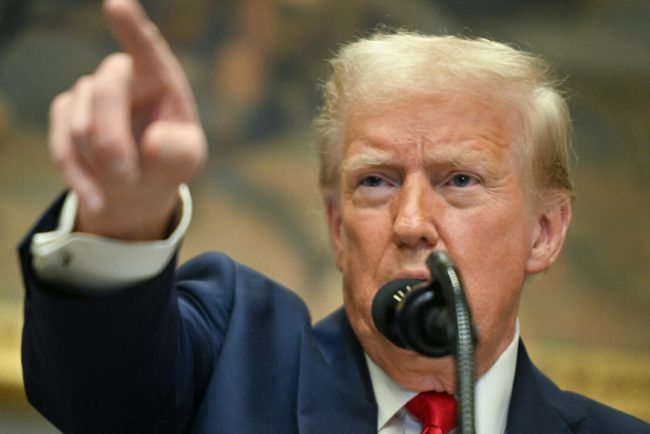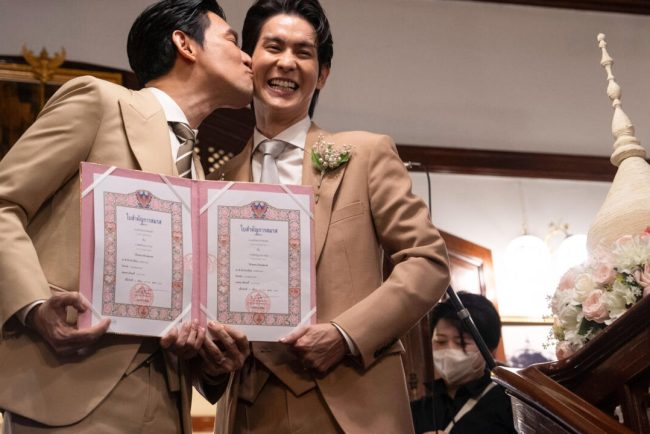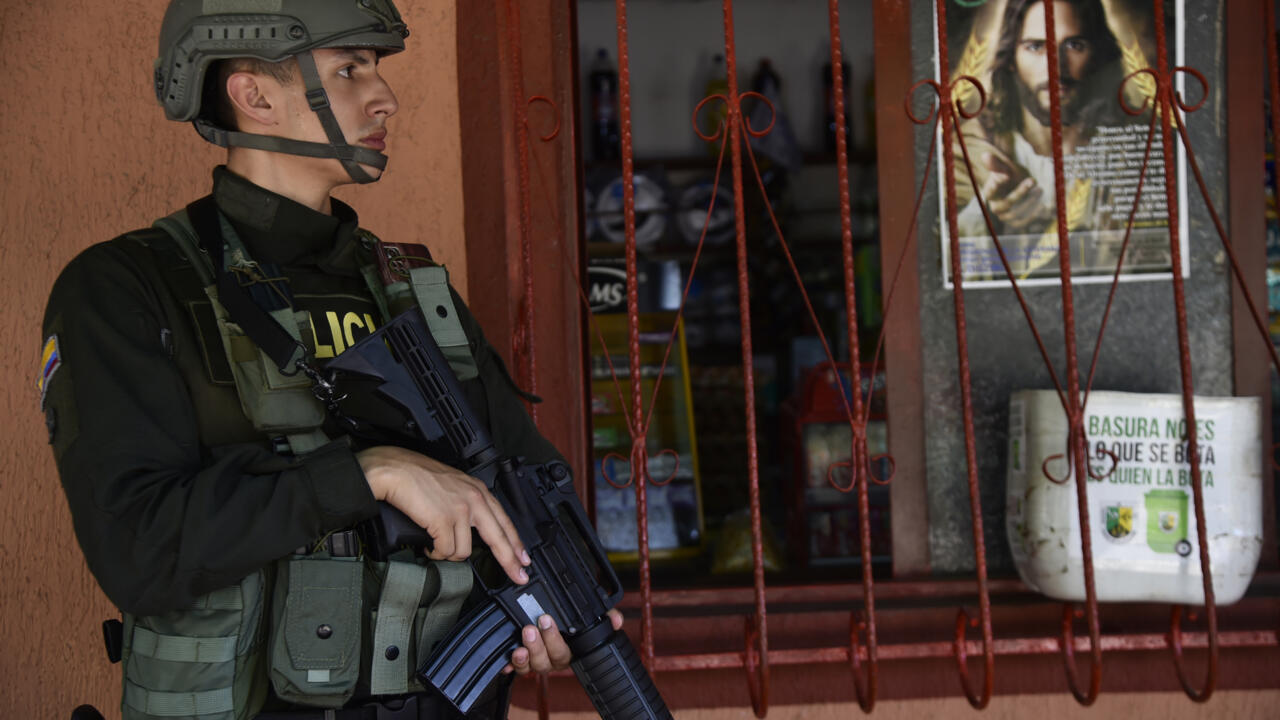
For many Colombians, the recent bloodshed carries fearful echoes of a nearly six-decade civil war that killed some 450,000 people and made the country a byword for armed violence.
But polls also regularly show that more than half of Colombians are opposed to peace talks with the much-hated ELN and believe the government’s security strategy is flawed.
Despite its ideological foundations, the group is one of the world’s largest players in the cocaine trade and engages in extortion, hostage-taking and trafficking in various goods.
“They were trying to take control of the Colombian-Venezuelan border” said Colombian interior minister Juan Fernando Cristo, with a strategic aim of gaining “criminal incomes”.
Petro, himself a former leftist guerrilla, has tried for years to bring the ELN and other groups to the negotiating table.
After a short-lived ceasefire and on-again-off-again talks, the latest ELN offensive has shattered hopes that the group is ready to disarm.
Petro’s signature strategy of “Total Peace” — a dramatic scaling back of military operations in the hope of securing peace — seems now to be dead.
The president on Tuesday admitted the surge in violence represented a “failure” and he questioned how the ELN could have become so “strong today, when just months ago it was very weak, military speaking.”
Critics say it is the government’s light-handed approach to security that has allowed groups like the ELN to grow.
